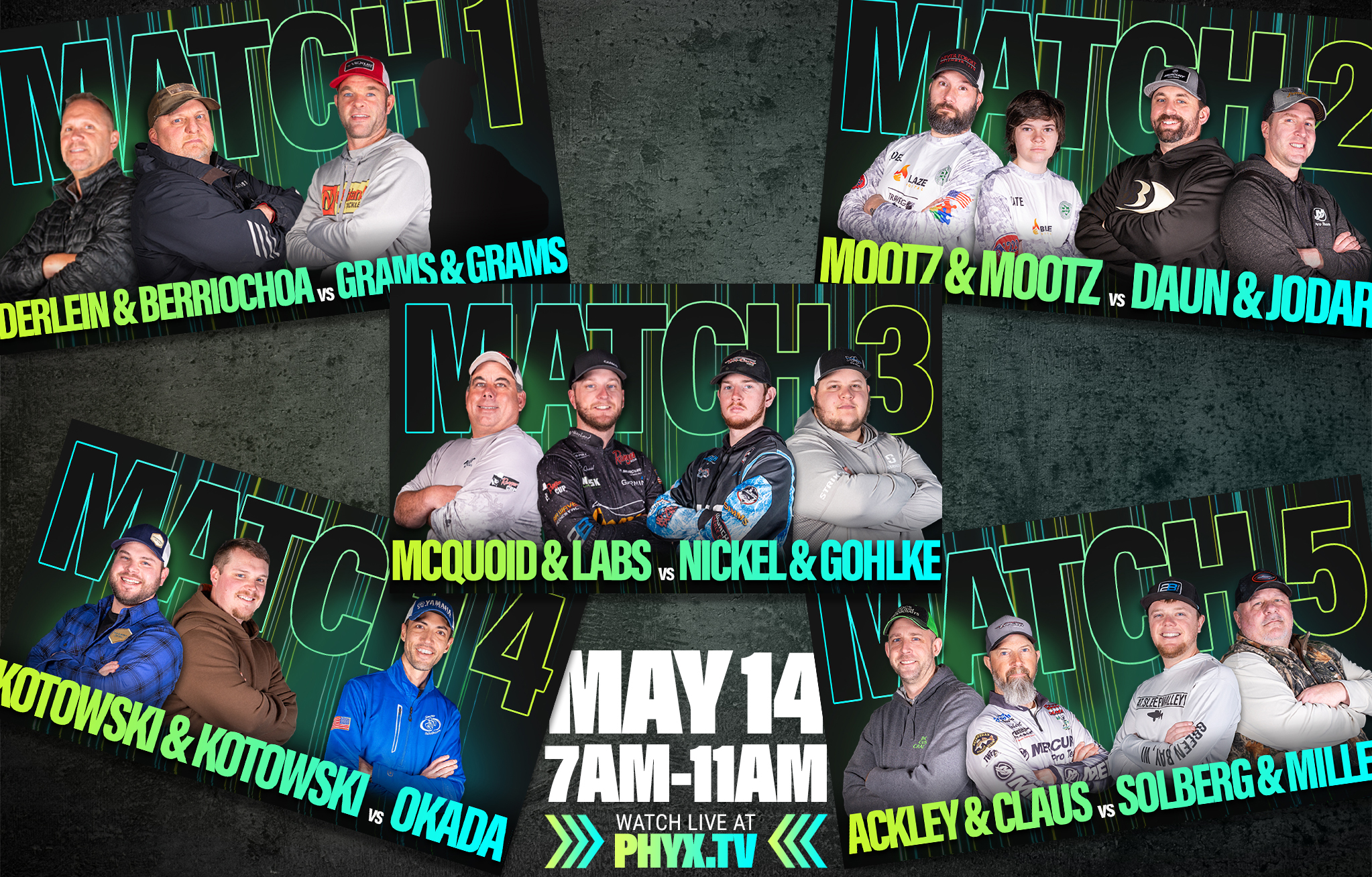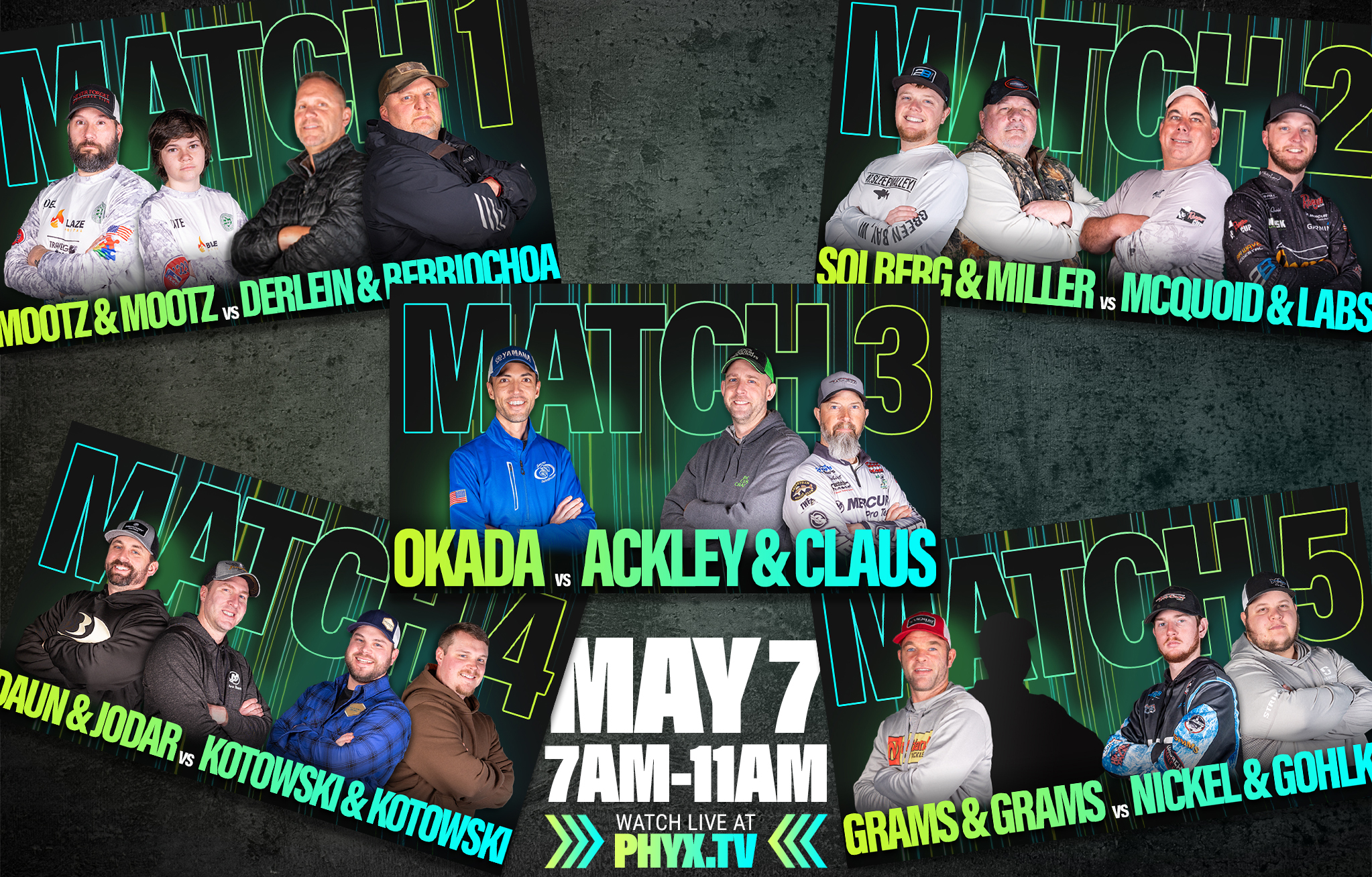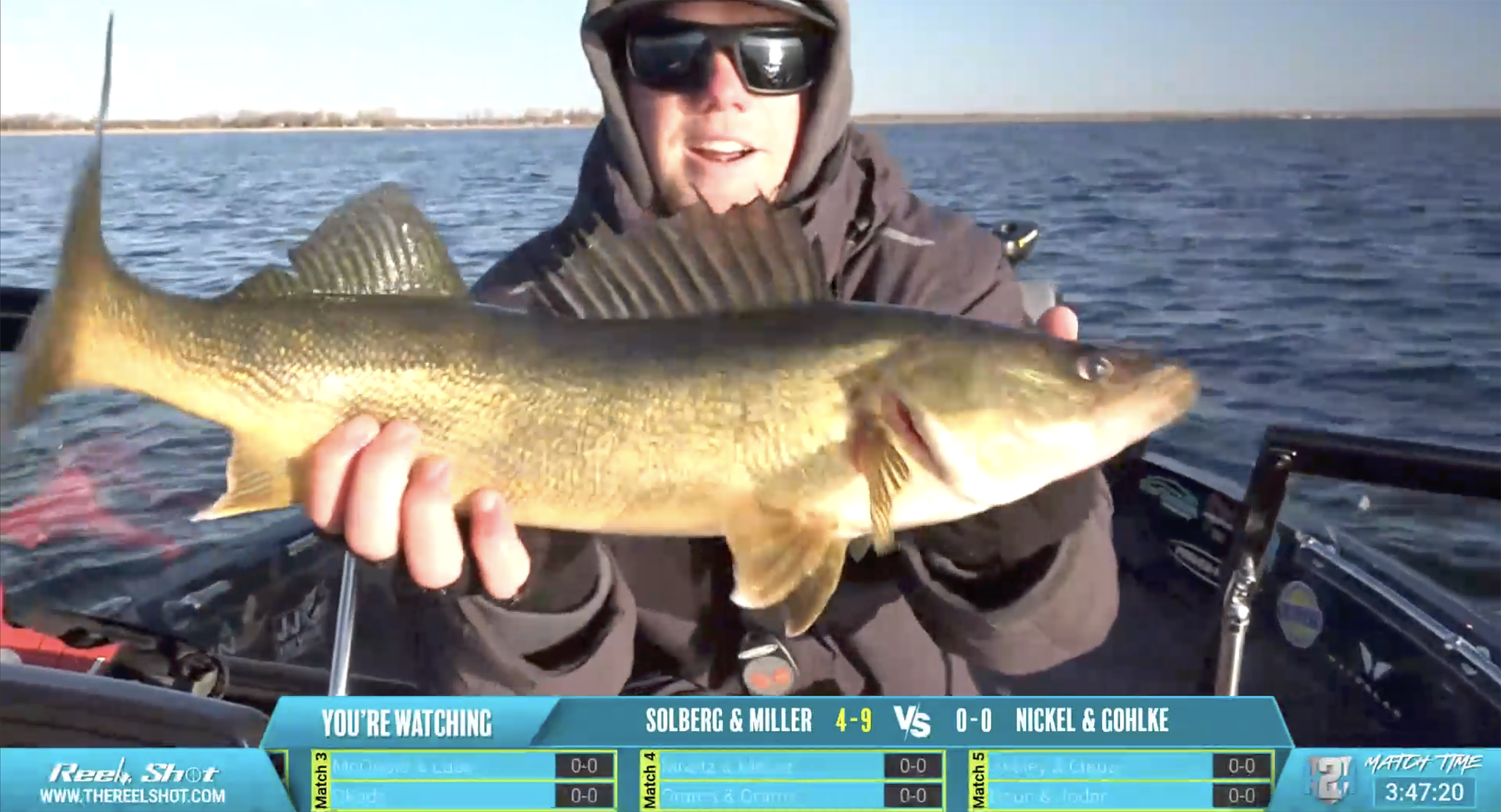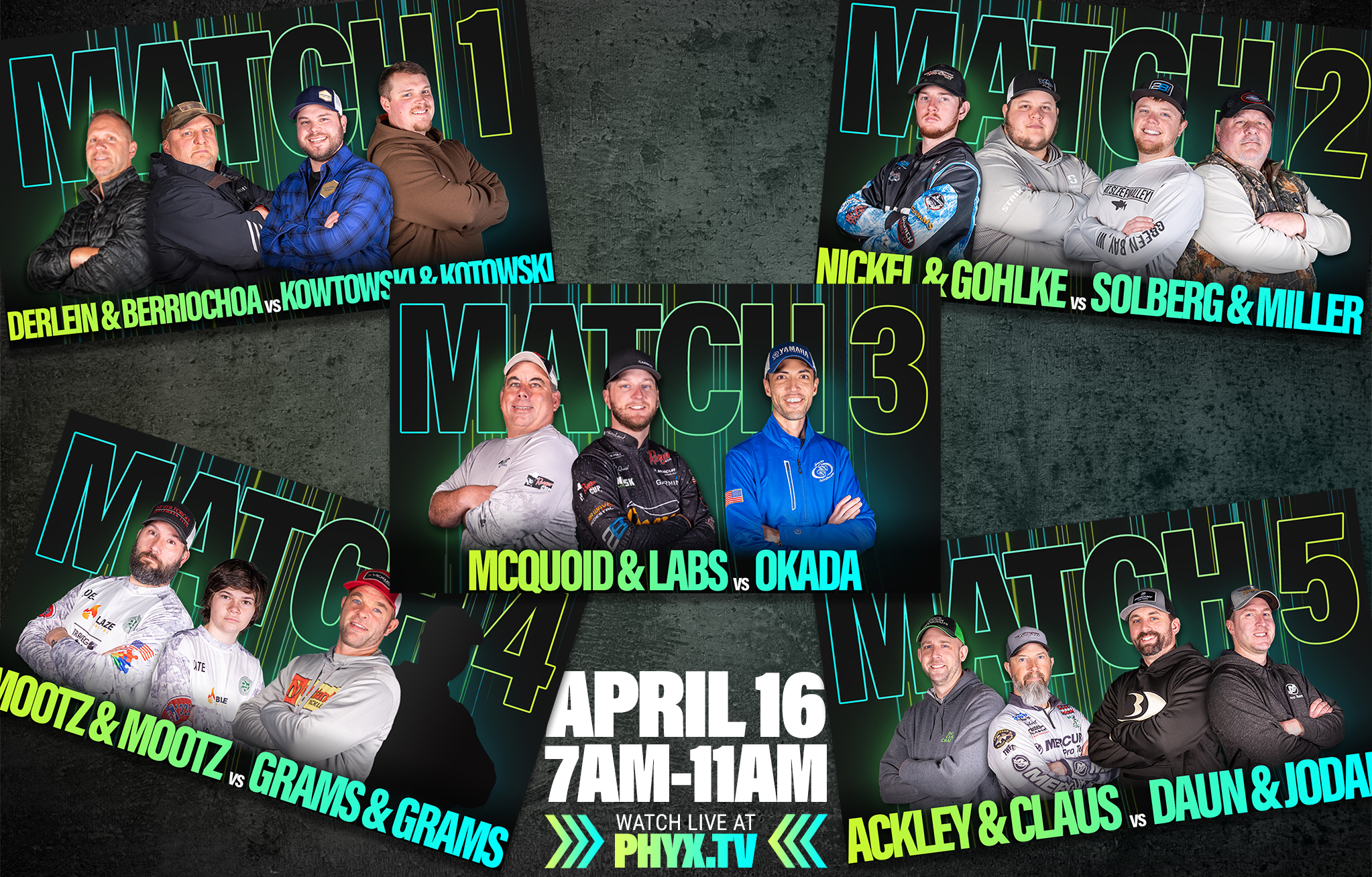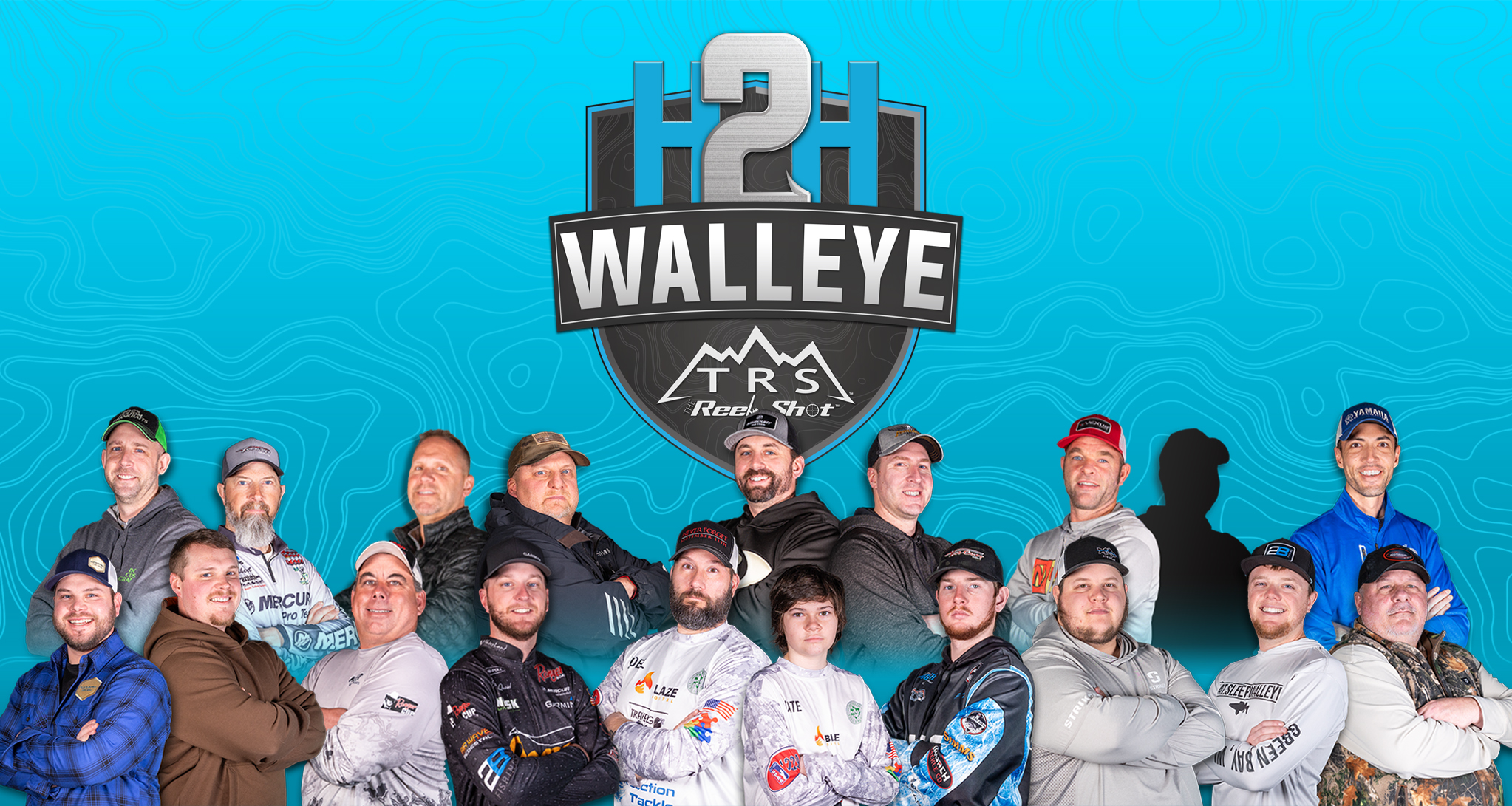news
How They Won
September 9, 2021 12:37 pm
Professional walleye angler Randall Gaines came to Nebraska’s Lake McConaughy with a chip on his shoulder.
His season on the Pro Walleye Series up to this point had been, to put it mildly, nothing but a struggle. He was angry with himself for the way he had competed in the first four events and was determined to redeem himself this time around. But redemption would have to wait. Although he put together a strong pattern during the three days of pre-fishing, he failed to weigh a fish on Day One. Unless something changed, he once again faced elimination from the head-to-head competition.
“I’m a sucker for a pretty crankbait,” the Lake Erie guide once quipped. Quite often, so are the walleyes. But everyone knows that you win a walleye tournament on Big Mac in august trolling spinnerbaits over the flooded trees or jigging heavy spoons in deep water. But if there is one thing that the PWS proved in the first four events of 2021, it’s that doing something different than everyone else can be a game-changer. Why would the fifth event be any different?
So on Day 2, Randall Gaines trolled his “pretty little crankbait” -a Salmo Hornet in 40-50 feet of water on wireline 300′ behind the boat. This technique pulled the heaviest weight of the day, securing a spot in the Great 8 for the first time this season. Three days later, he was holding the first-place check. Like the PWS winners before him, Gaines fished outside the presumed “winning pattern” box to take home the $35,000 prize. Redemption can be sweet.

Let’s take a quick look back at the other PWS events for an overview of how elite tournament anglers deviate from what most anglers think is the standard presentation for winning a tournament – remembering that the PWS is artificial-only.
“Everyone,” said you win April tournaments on the Detroit River by drifting and vertical jigging. Nick Schertz had a different idea, as he anchored on a current break or seam for five straight days casting jigs tipped with plastic paddle tails. Nick presented his bait to pre-spawn walleyes moving up the river and post-spawn walleyes moving down the river, blowing the field away for the win. Isaac Lakich, who finished 2nd, was also casting jigs.
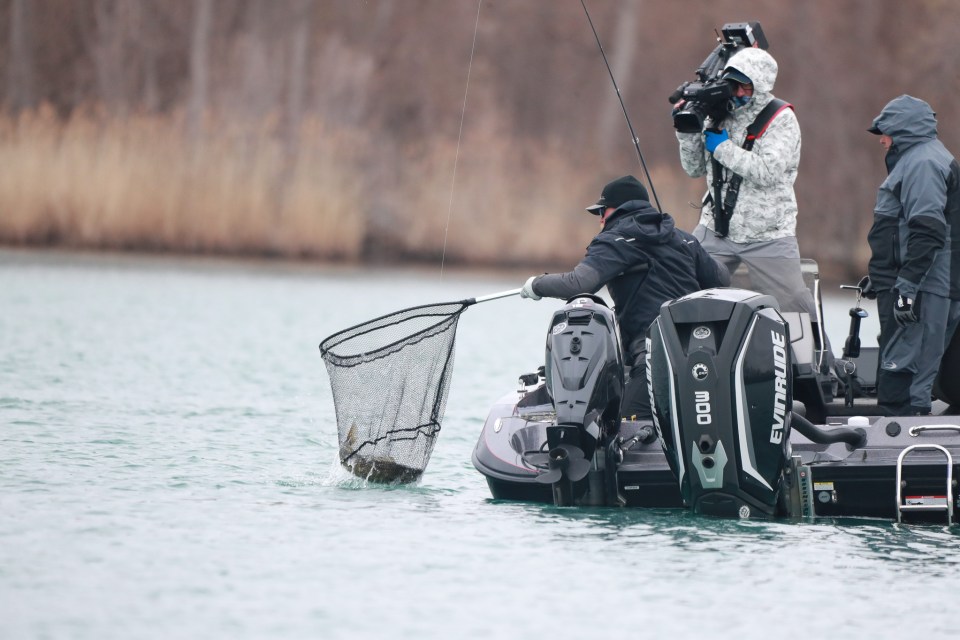
At Lake Wisconsin, everyone expected big fish to come by trolling or perhaps jigging current breaks and a few did. However, Isaac Lakich cast jigs and plastics and sometimes a crankbait in shallow water during a brutally tough bite pulling just enough fish to win. Redemption for Isaac after his loss to Shertz at Detroit.

Minnesota’s Mille Lacs Lake is pretty much known as a “live bait” lake, with anglers most often winning tournaments fishing rock piles or weeds with slip bobbers or fishing the edges of mud humps with spinners and crawlers. “Everyone” knows this. Enter Josh and Robert Blosser, Joe Okada, and Brett King. It was a toss-up who would pull off the victory in this one as all four anglers cast heavy jigs and paddle tail plastics over deep water rocks. When Josh Blosser held up the winning check on Day 5, his winning technique likely was a first for Mille Lacs.

With four river guides fishing in the Mississippi River Pool 2 tournament, we expected that one of them would come out on top. And everyone knows that in summer, you fish the wing dams or troll drop-offs or flats with crankbaits. That’s how you win, hands-down. Marianne Huskey saw the slow, to non-existent current flow, and opted out of the main river and instead fished an off-channel back bayou. Meanwhile, the rest of the field beat the water to a froth for a smattering of fish. Casting crankbaits into the shallows and at suspended fish off the edge in deeper water, she walked away with the win, and the rest of the field struggled under hot, mid-summer conditions.

For these five PWS winners, it all came down to “fishing in the moment”. All too often angles can get caught up in how the lake fishes (or is supposed to fish) at a certain time of the year. But in a five-day event, conditions will always change and the angler that can make the right decision at the right time each day as well as take advantage of the “bite windows” that can be fast-paced but often short are the ones who hold up the check at the end of the day.
In close to a month, the top 16 anglers will go head-to-head at Lake Chautauqua in New York. The winner will be crowned the first Pro Walleye Series Champion. Wanna bet that angler will be doing something different than the other 15? Stay tuned.
